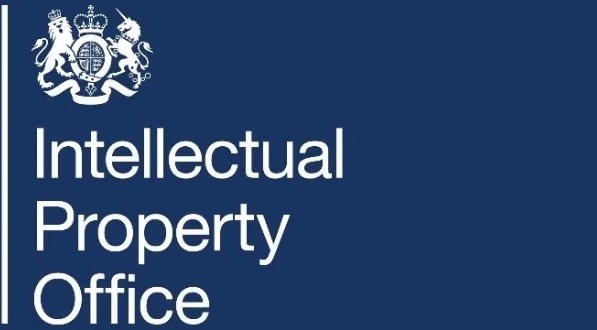Consultation on Standard Essential Patents
Potential measure 2: Searchable standard related patent information
Rationale for intervention
The government believes it is important to improve transparency so that there is greater clarity around the standard related patents that need to be licensed to implement a standard.
Information on the patents relevant to technical standards, including ownership information, is currently often fragmented and inconsistently reported. Licensees hold less information than licensors on which patents are truly essential, which makes it difficult for licensees to determine with confidence if a license is required. This in turn can lengthen licensing negotiations and potentially lead to payment of supra-FRAND license terms, or even court litigation.
There is no centrally held repository of SEP declarations. Information is currently held across various SDOs globally that are not linked up and there is no simple, accessible or user-friendly way for users to navigate.
The question of transparency of SEPs that have been declared as essential is different from SEPs that have been verified as truly essential. How to assess true essentiality is discussed in the section on further evidence gathering in the section on ’Assessing market provision of essentiality checking services'.
Proposed solution under consideration
We are considering, as a proposed solution to address these challenges, introducing an additional search function to the One IPO Search service for standard related patents. Introducing an additional search function in the service would enable a user to search for patents that relate to technical standards, just as they can for Supplementary Protection Certificates (SPCs), patents with licences of right and Green Channel applications/patents. The service would provide information on the status of the patent, e.g. granted or pending, who the owner is, and which standard the patent is related to. All this data would be in one place, as it would link to the usual data published for patents.
Mandating disclosure of standard related patent information
To provide a meaningful search function for standard related patents, patent owners would need to provide the IPO with information. This may include the possibility of mandating or incentivising the provision of such information under UK law, so users could search for standard related patents in the One IPO Search function. Any requirement to supply information on standard related patents will not interfere with the patent prosecution process as the IPO would record the data upon grant or, where it concerns European Patent Office patents, at first renewal of an EP(GB) patent. Our view is that, at this point, there will be some certainty of patent validity and whether it is included in a final standard. As far as European Patent Office patents are concerned, renewal of EP(GB) patents is the point where the IPO naturally has its first contact with the patent owner.
As a patent examination office, the IPO is well placed to collect standard related patent information. One IPO Search users would be able to access patent data without the need to search global SDO databases and could be signposted to any other relevant information.
We believe that integrating standard related patent information into the existing One IPO Search, with appropriate disclaimers to its accuracy, will enhance transparency and improve usability for all ecosystem stakeholders. In providing a central, authoritative source of standard related patent information, licensees in particular would have a better understanding of licensing obligations and access to the information they need to commence negotiations.
There are other projects attempting to achieve the same outcome but by using different methods. This includes SDO-driven activity, and initiatives by the European Patent Office (Patent and Standards Project) and the World Intellectual Property Organization (new SEP information provided in Patent Scope). The government’s proposal would provide a central source of information in the UK, and we would look to see how this could align with the ongoing development of other initiatives such as WIPO’s.
Operational aspects and compliance
To ensure we fully understand the operational aspects of this proposal, we are seeking views on what mechanisms should be put in place to ensure rightsholders submit accurate and timely data on standard related patents and how to deal with non-compliance.
